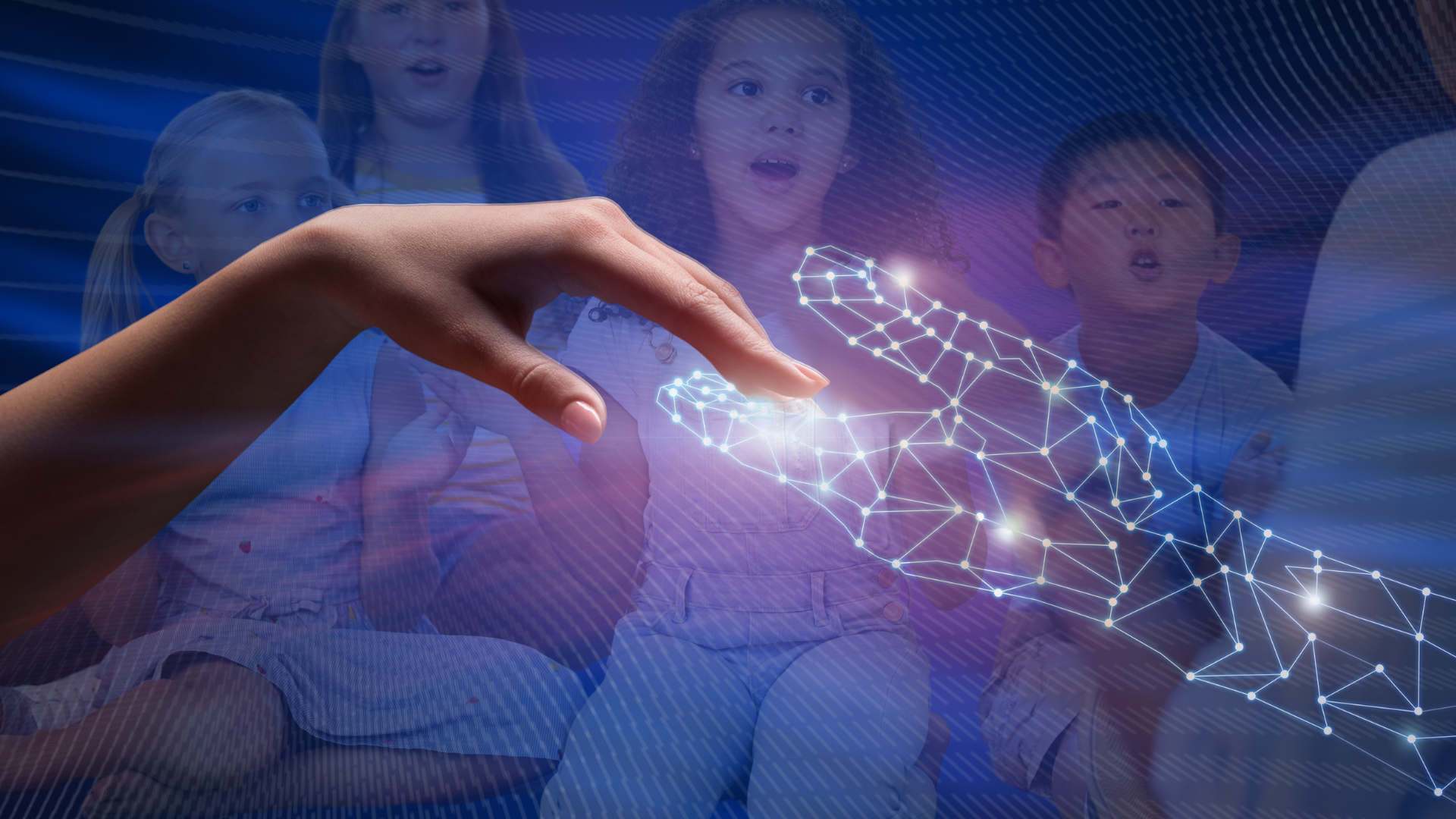[2025 Weekly newsletter 17] Can AI replace what we do? Why I’m not (yet) losing sleep over it
In this week’s reflection, I’m responding to a growing question I’ve heard from educators and carers alike: with AI advancing so fast, is what we do still needed?
After a heartening wave of responses to last week’s email about religious representation in early years education, I’ve been thinking even more about what really makes our work meaningful.
This post shares why I believe the kind of DEI education we offer at Diversitybuds is not only still essential — it’s irreplaceable.
CLICK THROUGH TO OUR YOUTUBE CHANNEL if you would prefer to watch a video-version of this newsletter.
It’s a fair concern. AI tools are advancing quickly, and they can now generate lesson plans, write songs, and summarise research in seconds. So naturally, there’s a question: Where does that leave us, the human educators, creators, and carers?
Having thought carefully about it, here’s my attempt at offering some reassurance, particularly to those of you who’ve joined, or are considering joining, our Study and Songs to Support DEI Awareness course.
What we offer at Diversitybuds isn’t just content. It’s content that has been carefully researched, grounded in humanity, and shaped through lived experience. And for that reason, it’s irreplaceable.
Yes, AI can be useful. It can speed up admin tasks, generate rough drafts, and even provide helpful nudges when you’re planning learning experiences. But what it can’t do is create the kind of nuanced, child-centred, community-minded learning that our course was built to deliver.
Let me give you a real example:
A few months ago, I worked with a group of primary and early years educators exploring one of our song-based DEI activities.
One practitioner shared how our ‘Number Train’ song had helped a child with limited verbal language begin to engage with others.
The breakthrough wasn’t just in the careful crafting of the song itself – it was in how it was delivered, the responsiveness of the adult, the tone of voice, and the emotional presence in the room. That’s not something any AI can replicate.
What makes our course different is that it brings together the latest scientific research, lived experience, and field-tested activities that have been shaped by real conversations with real people.
It’s the product of years of reflection, adaptation, and heart-led work.
In short, it’s grounded in the human connection that sits at the heart of DEI education.
So no. We’re not competing with AI. Because what we offer is something AI simply cannot do.
We’re not competing with AI. Because what we offer is something AI simply cannot do.
We offer intention.
We offer songs and strategies that truly connect.
If you haven’t yet explored our Study and Songs to Support DEI Awareness course, this is a perfect moment to join us.
It’s a space for reflection, action, and genuine growth, and the opportunity for you to deliver a greater impact — for everyone around you and the young children we all care for.
Feel free to contact me – I always love to hear from you. 😊
Dr Clare Seymour
Clare has spent much of her professional career (over 30 years) in international settings. Part of her Doctoral research involved exploring the often hidden aspects of institutional racism. As a result she has a longstanding interest in, and passion for, promoting positive Diversity.
In addition to school music-teaching, Clare also has over 10 years’ experience working as an international music examiner – an understanding and respect for Diversity is so crucially important in every aspect of her practice.

